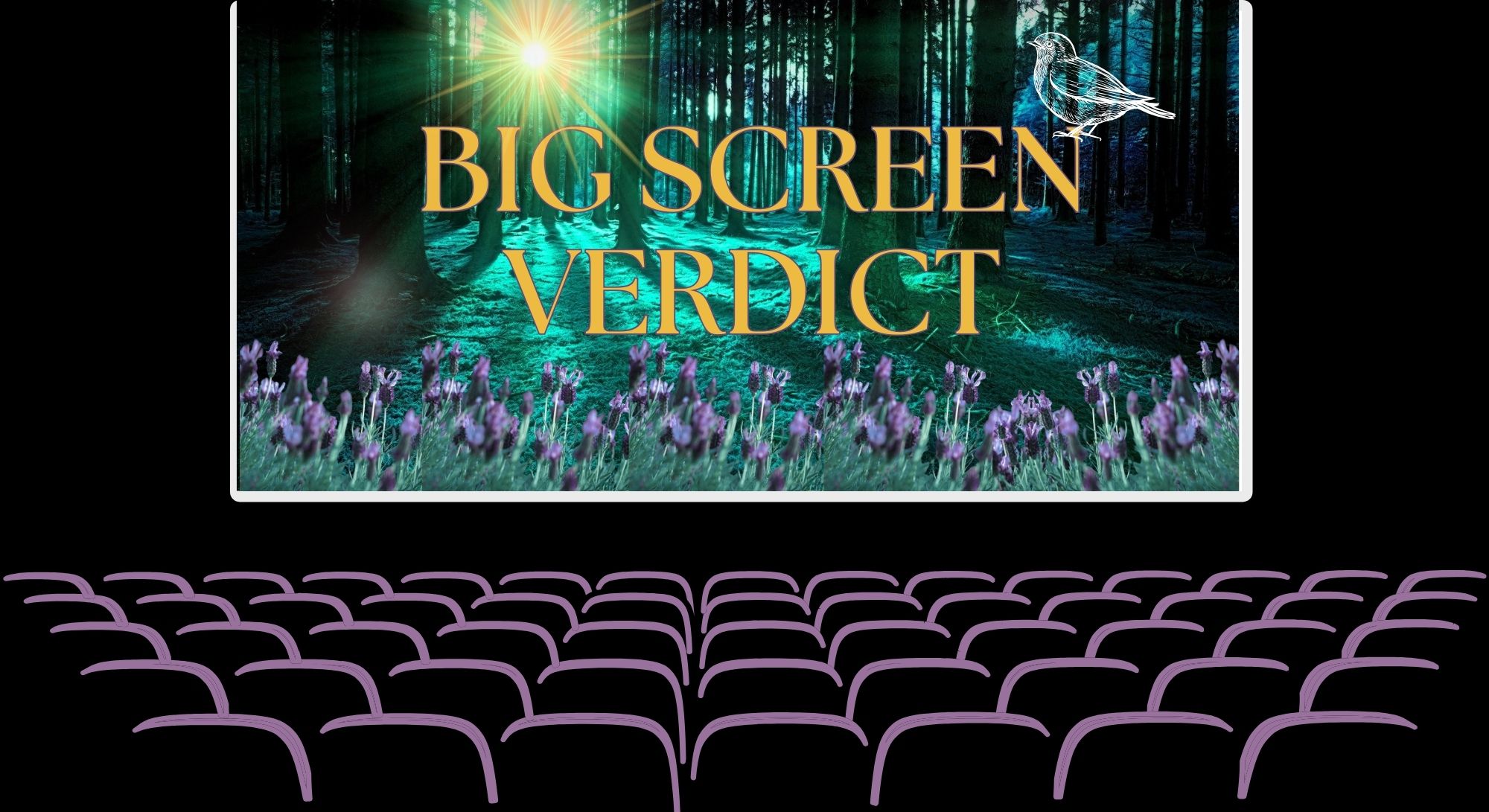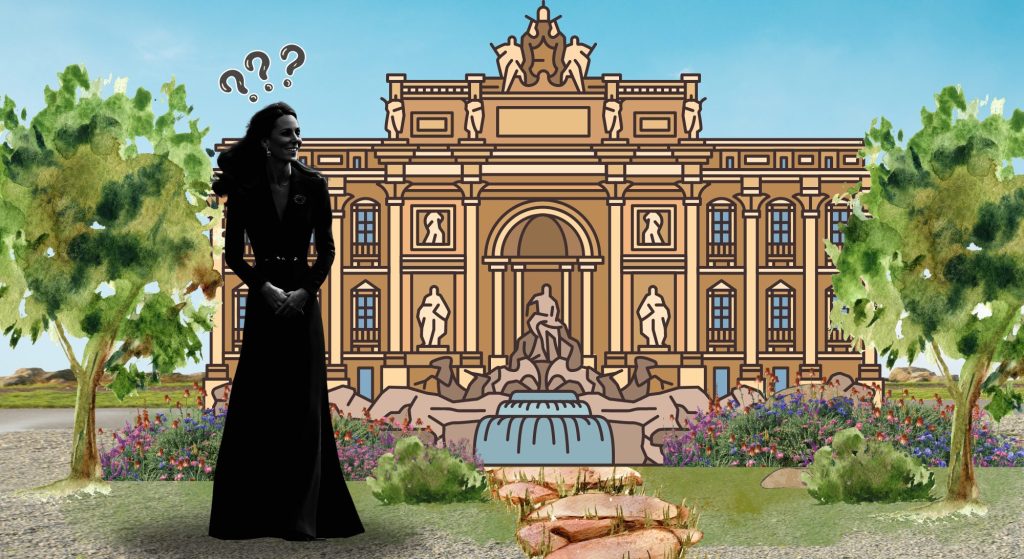“White Bird” is a film based on the graphic novel with the same title and written by the woman who wrote “Wonder.” I have never left the theater feeling more heartbroken; it was gut-wrenching.
The movie starts with the character Julian, the school bully in “Wonder,” and turns into a story about France during WWII. Julian’s grandma tells him about her experience growing up when Nazi Germany invaded her home country.
The movie follows 15-year-old Sara, Julian’s grandma, almost being abducted by Nazis, then, a classmate of Sara’s finds and hides her in his family barn for over a year.
The story then follows Sara and the boy, also named Julien, in a blooming romantic relationship, all while under the constant fear of Sara being discovered.
I don’t like to watch anything surrounding World War II because I find it absolutely horrendous what people were forced to endure. However, during this mystery screening, I was able to understand the message of the movie — kindness and compassion have generational effects.
What worked
Part of what made this film so emotional was that the story focused on two specific people instead of a broader topic, like WWII.
Because the focus was so refined on these characters, it was easy to feel connected to them and feel empathy for them. Every single distressing moment that happened to Sara and Julien, I felt deeply. I was constantly on the edge of my seat, worrying about Sara being found.
The refined focus on these two makes the movie feel more personal and not like other war movies that have five different storylines.
This film had a noteworthy use of symbolism that was brought to life elegantly. The significance of the white bird, which Sara sees when she needs comfort and strength, is later revealed as someone special to her and is a beautiful tribute to a loved one who died. Sara sees this bird throughout the entirety of the film, including the final scene, where she is an older woman.
The star performances were from the young adults who played Sara and Julien — Ariella Glaser and Orlando Schwerdt. These two actors played teenagers with the perfect balance of sensitivity and youth-like innocence. Their maturity and skill level were fully displayed in this serious film.
Obviously, because of its origin as a graphic novel, the target audience for this story is young adults and teenagers. That was apparent throughout the film, yet I wouldn’t classify it as solely for young people.
The theater I was in was full of individuals of all ages, and every single person I saw who left there had tears in their eyes. Even though it was targeted more toward young adults, that didn’t mean people of all ages couldn’t feel the emotion from it.
What didn’t work
Speaking of emotion, this film was one of the most anxiety-inducing movies I’ve ever seen and was one of the most sorrowful. I have never cried that much in the movie theater.
Of course, this speaks more to the content that is in the film and not the filmmaking. It does have its small glimmers of hope, but the story is not a joyful story, which can be difficult to watch.
Additionally, the length of the movie is two hours and two minutes. That is exceedingly long for this story. There’s no reason for this film to go over 90 minutes, maybe even 100 minutes tops.
A lot of time could be cut out when Sara is being hidden. Yes, that time is devoted to developing her relationship with Julien, but that could’ve effectively been done in less amount of time.
Those scenes tended to drag on and toward the end started to feel repetitive, especially when there’s the daunting feeling that you, as an audience, know something is going to go wrong. The anticipation that was drawn out was too lengthy.
The verdict
While the middle of the film dragged on for too long, the ending was satisfying. There wasn’t a cliffhanger, but rather a reveal of later events in Sara’s life that wrapped up all my unanswered questions.
I rate “White Bird” a three and a half out of five stars. I would not pay to watch it in the theater, but would rather recommend waiting for it to stream unless you want everybody in the movie theater to see you with tears streaming down your face.
“White Bird” was a film about the ripple effects of kindness and how a legacy is made through choosing it. That message was beautifully told. Yet, it also was a gut-wrenching story about the appalling treatment of Jews during the Holocaust.
It’s important for everyone to remember and understand what happened during WWII and the effects it had on people’s lives, but it is very difficult to see play out in a movie. This isn’t a movie I will watch time and time again, but rather a one-time crucial watch.
The message here is clear — kindness never loses its shine. The compassion we show others has generational effects and never leaves those on the receiving end.





